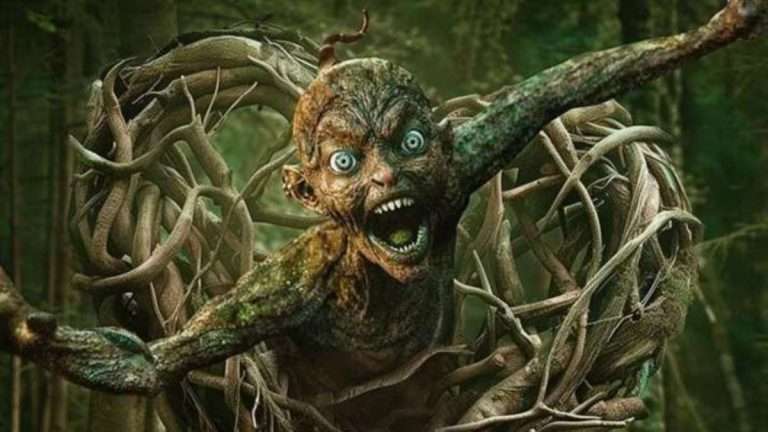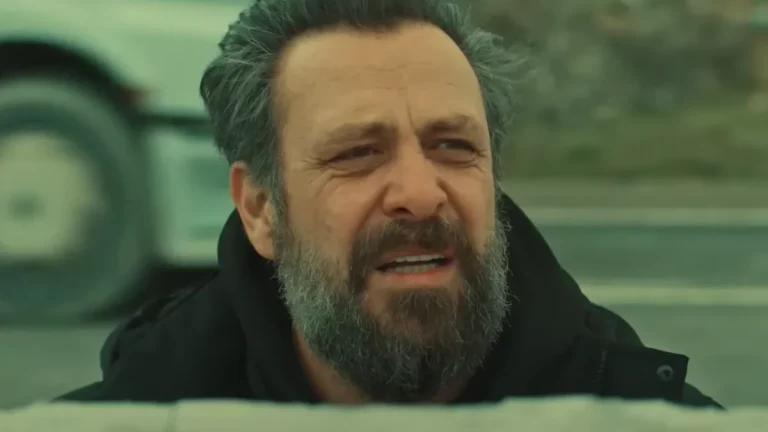“After the Hunt” is an unusual addition to Luca Guadagnino’s filmography. It’s not inherently moody like the rest of his work, but it’s verbose to the point that it feels like a Woody Allen film. It unravels like a psychological thriller as bewitching as “Match Point,” inviting all the mess its characters make as they try to prove that they are right in any given situation. It leads us to moments of palpable tension, always on the verge of turning into something more, either sexual or destructive.
Even a single awkward glance or turn of phrase can make or break someone’s life. Guadagnino brings his usual sensory cinematic style to portray their constantly shifting power play through minute observations of their lives and modes of communication, but that doesn’t suffice for a film with a topic as serious and delicate as sexual violence.
He conveys the nauseating appeal of bitter and unemotional arguments in cold, dark spaces through his use of sound and camera, contradicting it with their soft, behavioral elegance. That leaves us with an atmospheric thriller that doesn’t explore the depths of its ethical dilemma, leaning heavily on one side of the argument while offering the other hardly any chance to exist. So, while focusing on morally reprehensible characters, it unwittingly indicts a side that needs empathetic understanding rather than scrutiny.
Spoilers ahead
After the Hunt (2025) Plot Summary & Movie Synopsis
“After the Hunt” traces Professor Alma’s complicated life after she learns of her pupil, Maggie’s accusations against her colleague, Hank, which affects her academic prospects.
What happens in ‘After the Hunt’?
Nora Garrett’s script introduces the characters in a cozy setting, where they would most likely be uninhibited, whether inebriated or not. Maggie (Ayo Edebiri), a Yale University student, joins her professor Alma (Julia Roberts) at this get-together, along with her friends and faculty. It includes Alma’s colleagues, Hank (Andrew Garfield), and Dr. Kim (Chloë Sevigny), alongside her husband, Frederik (Michael Stuhlbarg).
We meet them midway through Hank’s tirade against the younger generation. He believes the newer generation’s fear of offending someone is fracturing their experience, debilitating them before they can even begin to understand it. Arthur (Will Price) joins that chain of thought but ends up conveying only his fear of irrelevance as a cisgender white man.
Maggie points out the fallacy in Arthur victimizing himself. His resentment stems from not receiving preferential treatment for the very identity markers that he is using to victimize himself. Alma doesn’t take sides but chimes in between the clash of opinions as an academic. Annoyed by that self-gratifying flow of communication, Maggie leaves the room and walks up to the bathroom. Alma tells her not to enter.
Inside, she finds an envelope that reveals some details about Alma’s past. She takes out a newspaper clipping, keeping everything else back inside. While she is away, Frederik pokes Alma to speak about Hank, hinting at their mutual romantic interest. She doesn’t entertain his curiosity. So, he points out something she can’t ignore.
Frederik believes Alma keeps Maggie and Hank around because she loves having people around who adore her, alluding to a power she gains from their constant approval. She refutes those claims, saying Maggie is brilliant regardless of her identity as a queer, black woman. The night ends on a troubling note that leads them to introspection.
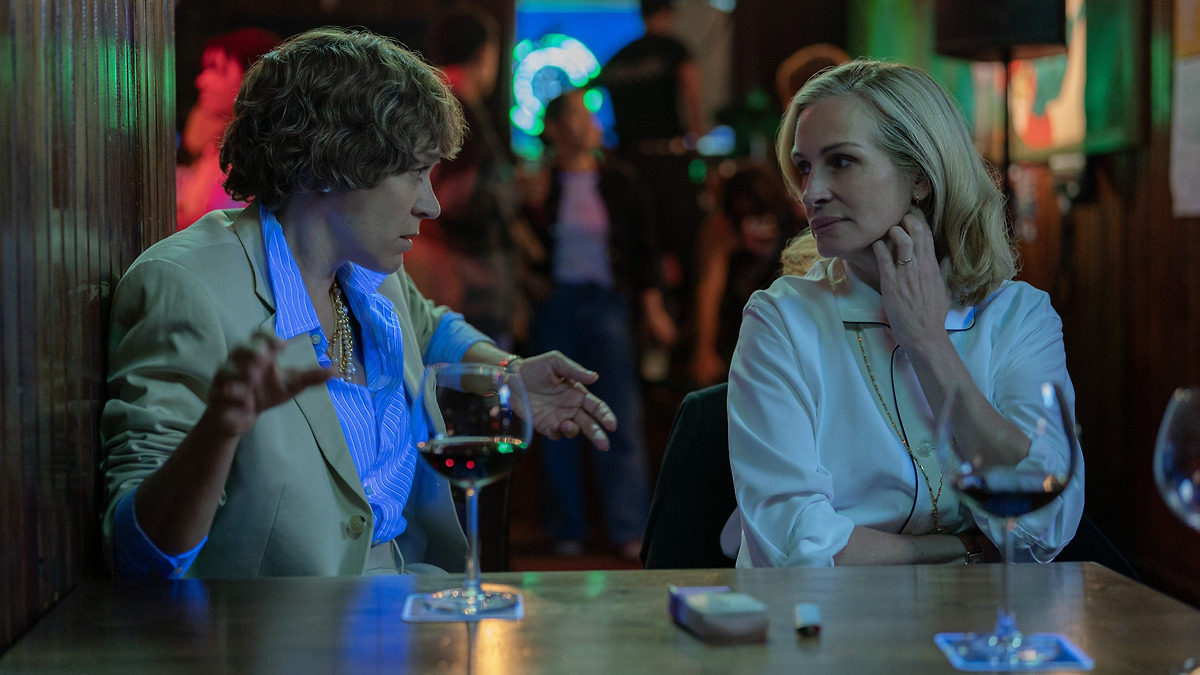
Why does Maggie go against Alma?
Maggie returns to her apartment with Hank, who sexually assaults her. The next day, she shows up outside Alma’s apartment, shivering, to speak about what happened to her. Alma wonders why she was the first to be approached with this sensitive detail. Maggie says it has to do with her history.
Alma assumes it is a different part of her history than what Maggie refers to. She was known for supporting women in academia, which makes Maggie feel she is in a safe space. Yet, Alma doesn’t respond kindly, defying Maggie’s earnest expectations. It feels like she is diluting the depth of this situation, while not offering the emotional support Maggie seeks. So, Maggie abruptly leaves.
Soon, Alma meets Hank at a restaurant he frequently visits to hear his side of the story. He smugly refutes Maggie’s accusations, claiming their interaction was consensual based on her behavior that night. He believes Maggie is accusing him because she is upset at being accused of plagiarism.
Unlike him, who worked for years to attain his current status in the academic circles, Maggie has lived her life as a billionaire’s daughter, which brings another layer to his resentment toward her. He believes he has earned his arrogance, which makes him candidly venomous. Alma senses the threat he might pose to her professional role and prospects. So, she meets a faculty member, removing her from the duty of speaking on behalf of either side, as she can be biased in her remarks.
Hank continues to show up at the university, asserting himself in these spaces while disregarding Maggie’s unease with his presence. Knowing Hank’s unapologetic nature, Alma tries to divert Maggie’s attention to her future as a career academic, saying she might be forever known only for her fight against Hank if she pursues it.
If Maggie goes by Alma’s perspective, it would leave Hank with no repercussions, let alone shame or remorse for his actions. It can also put others under the threat of his unchecked and unquestioned power. Alma says that, unlike what Maggie assumes, her fight is one for vengeance, not for restorative justice. It all makes Maggie speak against Alma.
After the Hunt (2025) Movie Ending Explained:
Why does Alma go against Maggie?
Maggie speaks with Dr. Kim about Alma’s lack of support after the traumatic night, hinting at Alma’s murky ulterior motives, which inadvertently make Alma a part of the investigation. Maggie also learns about Alma’s past when she retracted sexual assault allegations against a man. So, she questions Alma’s intent behind taking her under her wings. Alma is upset by Maggie’s line of questioning, but also by the breach of privacy of her past she hitherto concealed. She also realizes that Maggie’s words can damage her reputation and her tenure prospects, which makes her grow bitter.
It affects her job, where personal grievances seep into her academic arguments, leading her to lash out at students in a malicious attack against Maggie. Her situation keeps getting worse as she buys some drugs without Dr Kim’s supervision, affecting the tenure discussions. So, she takes out her anger on Maggie, criticizing her for living in only a modest apartment or for going out with Alex (Lio Mehiel), claiming it’s merely for the optics of humbleness as a billionaire’s daughter. She also points out the evident plagiarism in Maggie’s paper, thus questioning her credibility. In the end, she calls the accusation against Hank a lie, being the final nail that provokes Maggie to slap her.
How does Alma’s past shape her judgment?
After the humiliating incident on campus, Alma arrives at her second apartment to find Hank lying on the bed, unaware that he was there. They discuss their qualms with Maggie and find common ground emotionally. Still, that same discussion makes Alma realize, or accept, that Hank could have used his authority to take advantage of any of his students, including Maggie, even if he insists he didn’t get intimate with any of them. Alma admits knowing about Maggie’s plagiarism, which angers Hank, believing Alma’s testimony defending him could have swayed the public perception against him. He gets furious about losing the perks of his present life.
In a heated moment, he kisses Alma, but she moves away before things go any further. Later, at the university, students surround Alma, demanding her accountability. She faints and gets hospitalized. That’s when she speaks openly with Frederik about her traumatic childhood. She says she was in love with the old man, even though he took advantage of her when she was a teen. She talks about accusing him of something she knew would shatter his self-perception. Although she retracted her accusations, he took his own life. She assumes it’s due to the pain inflicted by her actions, but it would have been out of shame and remorse.
This part of her past clouds her judgment on Maggie’s case, as she lived her life feeling she had wronged someone, while it was the other way around. Alma stopping Maggie from pursuing a case against Hank might be her wanting to right a wrong, where she wasn’t wrong in the first place. Frederik makes her consider the truth that adults should be responsible in making such choices. Maggie publishes an op-ed detailing the characters of Alma and Hank.
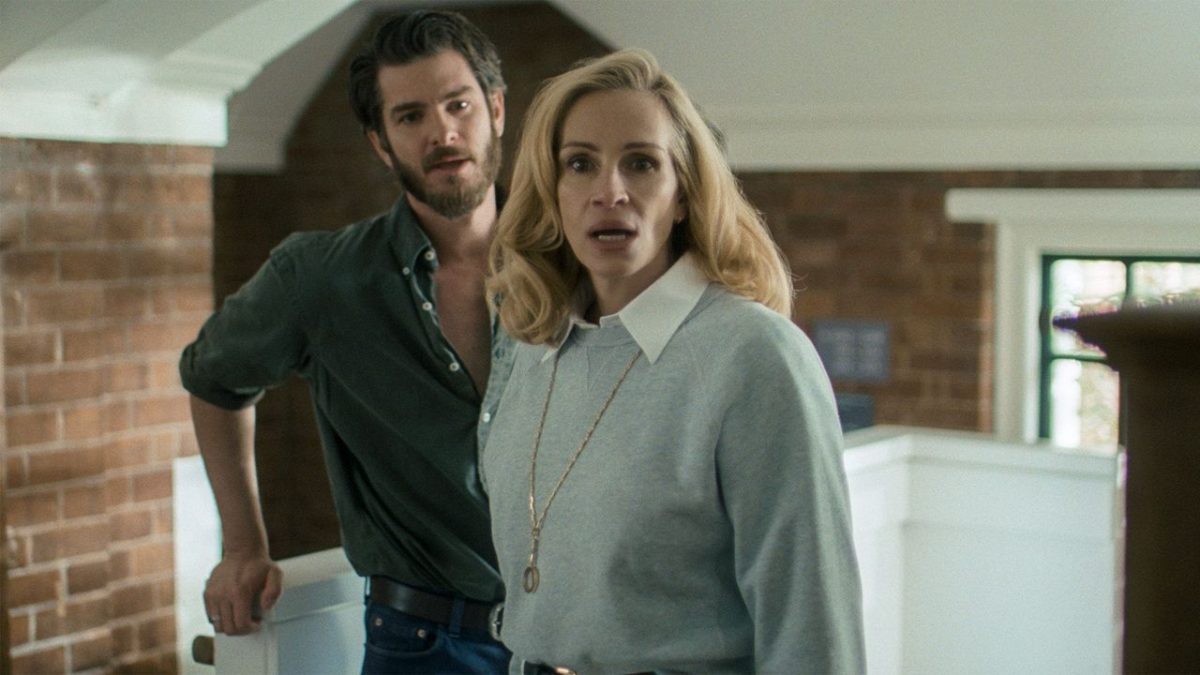
What happens to Maggie and Alma?
The film’s final moments show Alma meeting Maggie after a few years, when Maggie is engaged to someone, while Alma is still working at the university. She talks about Alma’s article in response to her op-ed, saying she wrote it not out of noble intent, but to maintain or elevate her status. Alma apologizes for her past behavior and for not helping Maggie earlier.
Still, she says she is happy with where she is. Maggie, although uncomfortable with her nonchalance, no longer seeks retribution. She says she does not want to take down Alma as she once hoped. After she leaves, the camera stays focused on a 20-dollar bill with Andrew Jackson, a widely controversial, racist president, showing this man slip through the cracks of moral judgments, continuing to be a part of many lives.
It’s a tricky point to end the film on, because while it conveys the depressing idea that oppressive systems—racism, classism, patriarchy—continue as they always have, it also inadvertently reinforces silence instead of justice. By centring the narrative on the psyche of those threatened by cultural change and giving them a platform to voice their grievances, the film ends up amplifying reactionary outrage rather than confronting the need for accountability.
After the Hunt (2025) Movie Themes Analyzed
Virtue Ethics and Cultural Shift
The script widely discusses the cultural shift and its role in perception. It shows the older scholars discuss literary greats and philosophers with problematic pasts. Later on, it shows artists like Morrissey continuing to influence younger generations through his work, despite his damning public image. It feels like another ripple in the ‘art-vs-artist’ debate, making a case for the art despite the artist’s problematic character.
The cultural shift is also discussed through Maggie and Alma’s distinct ways of handling the situation. Alma makes the case that there’s no right life in a wrong world. Maggie counters by opposing submission to patriarchal norms, arguing that it may have been a mode of survival for Alma during her academic journey. Yet, while presented as a provocative portrait urging viewers to open dialogue, it becomes a long-winding echo chamber for a side that has begun to feel silenced in the recent past.



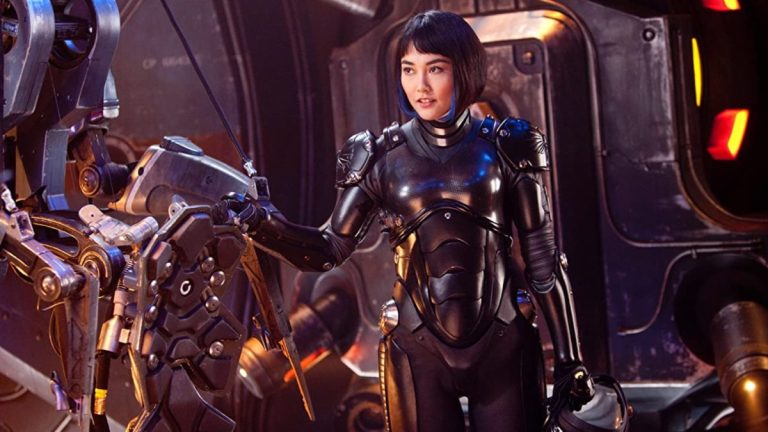

![Shut Up Sona [2020] Review: As Fiery as the Person It Is Documenting](https://79468c92.delivery.rocketcdn.me/wp-content/uploads/2022/07/Shut-Up-Sona-2019-768x432.webp)
